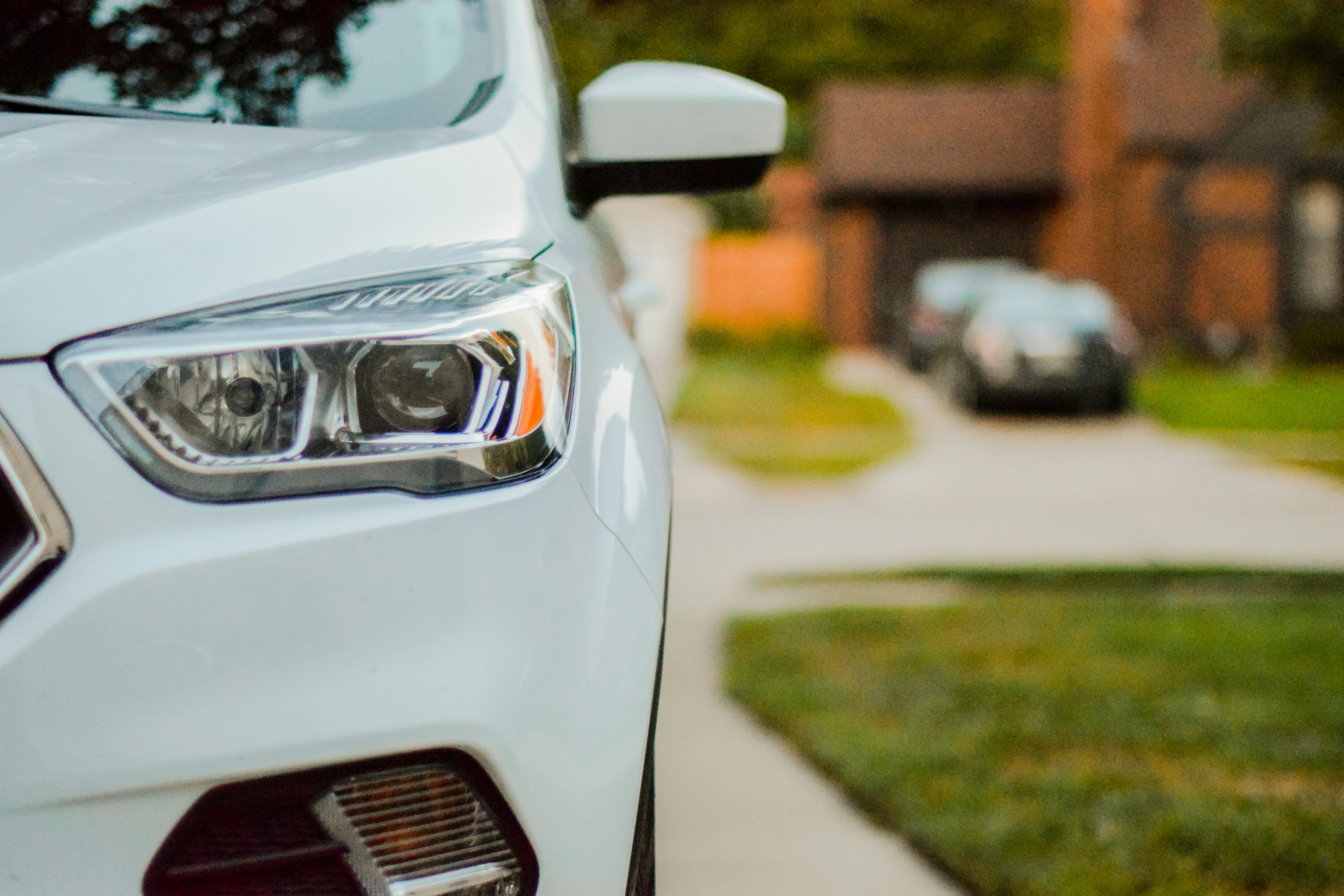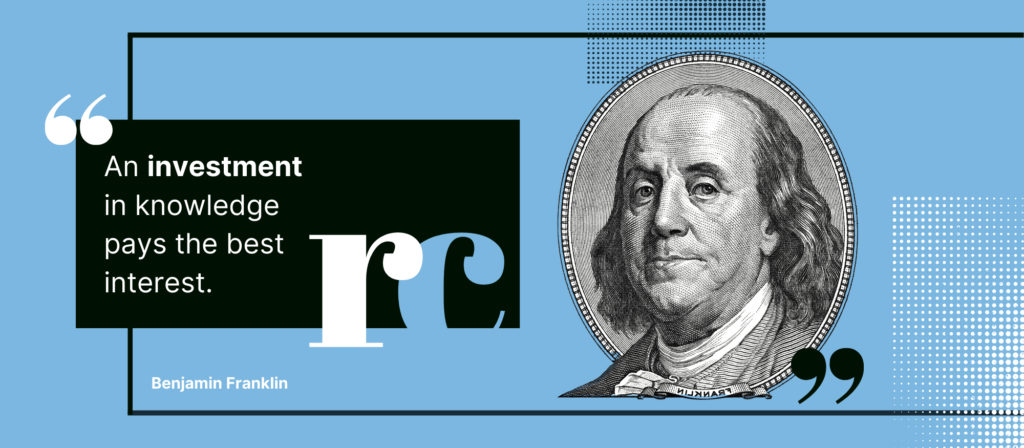Buying a car is an empowering moment in your life. You’re no longer reliant on public transportation and can travel easily to work and school. While a car is a valuable tool, it’s also expensive. Many first-time car buyers make basic mistakes that actually cost them more money in the long run. You can protect your investment without losing money. Follow these five tips.
1. Work with a car broker to get a fair price.
The key to buying a car is to get a good deal at a price you can afford. If you buy a car that’s out of your price range, then you’ll struggle to keep up with the payments. Instead of shopping around or visiting dealerships (who will make any price seem like the best option whether it is or not), get good deals with the help of a car broker. This person understands the average price of cars in the area and knows a good deal when they see one.
You can hire a broker to find a few cars that are in your price range and they can help you get an even better deal than you might expect.
2. Consider buying a used or pre-owned car.
Cars are known for their depreciation. Within a few hours of driving a car off the lot, it is worth much less than you paid for it. This can become a problem if you need to sell your car, as you might not get the amount you need.
If you want to avoid buying something that will depreciate rapidly, look into a used or pre-owned car. These are considerably more affordable and have already depreciated because of their previous owner. You can pay less upfront and lose less money when you decide to sell it.
Kelley Blue Book documents which cars have the best resale value so you don’t lose money.
3. Shop around for car insurance.
Car insurance is required in almost every state. This is meant to protect you as a driver, but also help anyone else who is the victim of an accident. Now that you have a new car, you’ll need new car insurance. Shop around to find an insurance broker who offers fair prices while still providing the coverage you need. You may also want to look for local providers. For example, if you live in Oklahoma, Auto Insurance Tulsa might provide optimal rates based on your needs.

4. Budget for regular upkeep.
Along with budgeting for car insurance, gas, and your monthly payments, set aside funds each month for maintenance. This includes oil changes, tire rotations, alignments, and other issues that come with car care. By having a set repair budget, you’ll be able to afford major costs like new tires or replacement belts.
A well-maintained car will last longer. You’re less likely to break down, helping you save money and protect your passengers.
5. Know your rights if you can’t pay.
In the event that you fall behind on your payments for your car, there are advocates who can help you. The FTC sets strict guidelines against collections agencies who make threatening or harassing calls. Know your rights and get the help you need. Your Legal Rights Advocates may take on your case and help you stop the collections calls and get on a payment plan that actually lets you keep your car. They’re there to fight for you.
A new car is affordable as long as you have a plan. With the right car insurance, payment plan, and gas budget, you can enjoy the benefits of auto ownership without the stress of paying for something out of your price range.








